Looking for a way to add a burst of flavor and health benefits to your meals? Pickled hot peppers might just be the secret ingredient you didn’t know you needed!
Beyond their bold, tangy taste and fiery kick, these zesty condiments come packed with nutrients and health perks that make them a must-have in every kitchen.
Let’s dive into why pickled hot peppers deserve a place on your plate and how to create your own at home.
#1. Boosts Metabolism and Aids Weight Management
Capsaicin, the active compound responsible for the heat in hot peppers, is a natural metabolism booster. It increases thermogenesis, helping your body burn calories more efficiently.
A study published in Appetite found that capsaicin consumption can enhance fat oxidation and suppress appetite, making it a valuable tool for weight management.
Pickled peppers are also low in calories, with only about 20 calories per 100 grams.
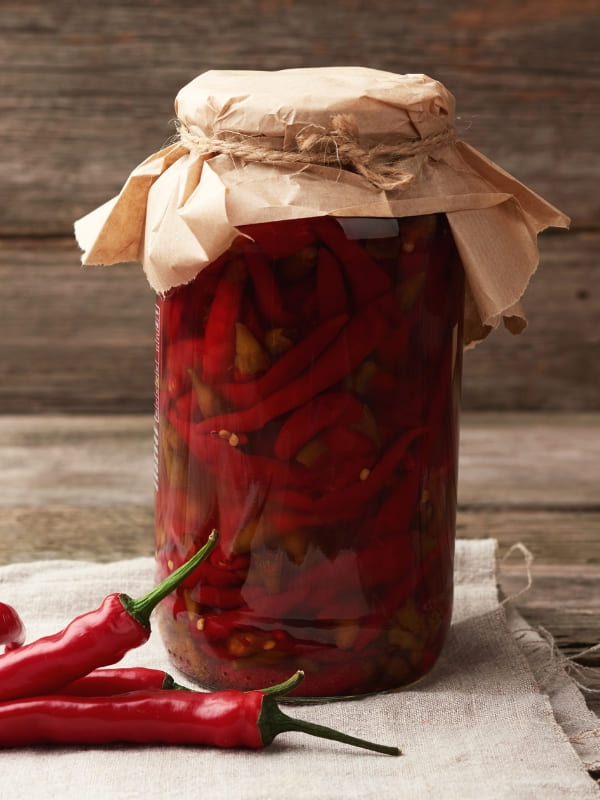
#2. Promotes Digestive Health
The tangy brine in pickled peppers isn’t just flavorful it’s functional. Fermented varieties of pickled peppers contain probiotics, the beneficial bacteria that improve gut health.
Probiotics are known to enhance digestion, aid in nutrient absorption, and positively influence mood through the gut-brain axis.
Additionally, the vinegar used in pickling stimulates digestive enzymes, promoting smoother digestion.
According to a review in Frontiers in Microbiology, fermented foods like pickled peppers are a natural source of probiotics beneficial for the gastrointestinal system.
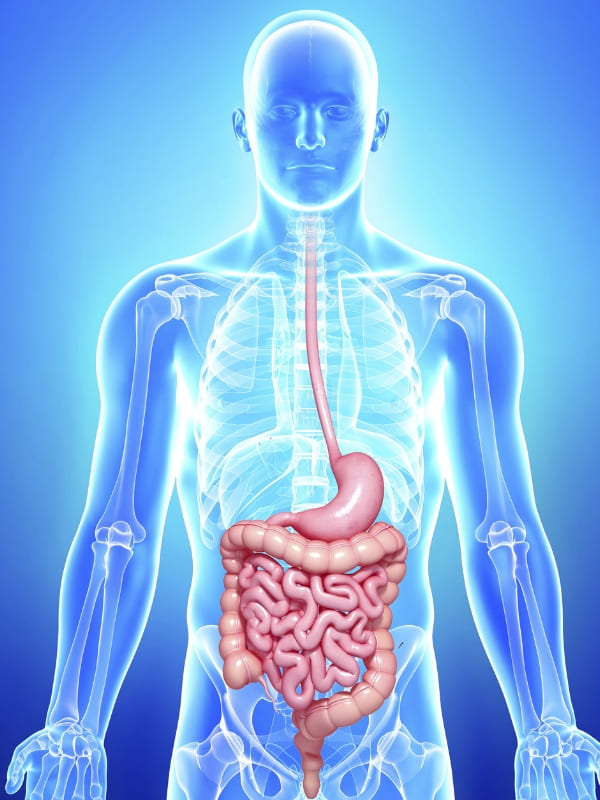
#3. Supports Immune System
Pickled hot peppers are a powerhouse of vitamin C, with 100 grams providing over 140% of the recommended daily intake. Vitamin C is a potent antioxidant that protects cells from free radical damage and strengthens the immune system.
A study in the Nutrients journal highlighted the role of vitamin C in reducing the duration and severity of colds, making pickled peppers a valuable addition to your diet during flu season.
#4. Improves Heart Health
Capsaicin has been linked to cardiovascular benefits, including lowering LDL cholesterol and improving blood circulation. Potassium, naturally present in hot peppers, helps regulate blood pressure and reduce the risk of stroke.
The heart-friendly properties of vinegar, which has been shown in studies to reduce blood pressure levels, further enhance the cardiovascular benefits of pickled peppers. Together, these compounds support heart health in a delicious way.

#5. Provides Pain Relief
Capsaicin’s analgesic properties are well-documented, with research showing its ability to reduce chronic pain and inflammation.
Consuming capsaicin through pickled peppers may help alleviate conditions like arthritis or muscle soreness.
The anti-inflammatory compounds in peppers also promote faster recovery after physical activity.
#6. Balances Blood Sugar
Capsaicin has been shown to improve insulin sensitivity and help regulate blood sugar levels.
The vinegar in pickled peppers adds to this effect by stabilizing post-meal glucose spikes.
#7. Reduces Inflammation
Rich in antioxidants such as vitamins A and C, pickled peppers combat inflammation and oxidative stress. These properties benefit individuals with chronic inflammatory conditions and support overall wellness.
A study published in Molecules highlighted the anti-inflammatory effects of capsaicin and other antioxidants in peppers, emphasizing their role in reducing inflammation-related diseases.

How to Make Pickled Hot Peppers
Ingredients
- 1 kg of hot peppers (light green or red)
- 4 tbsp salt
- 1 tbsp sugar
- 1 liter of water
- ½ cup white vinegar
- 6–8 garlic cloves (optional)
- 1 lemon (sliced)
- Glass jars for storage
Instructions
Start by washing the peppers thoroughly, then slice them lengthwise. This step is essential as it allows the brine to penetrate the peppers, ensuring maximum flavor infusion.
Next, dissolve the salt and sugar in water to create the pickling solution. This mixture will serve as the base for your brine.
Now, place the sliced peppers in glass jars and pour the brine over them, ensuring they are fully submerged. To enhance the flavor further, add white vinegar, garlic cloves, and lemon slices to the jars.
Once everything is in place, seal the jars tightly and store them in a cool, dark place for 1 to 2 weeks to allow the flavors to develop. After opening, make sure to refrigerate the jars to preserve their freshness.
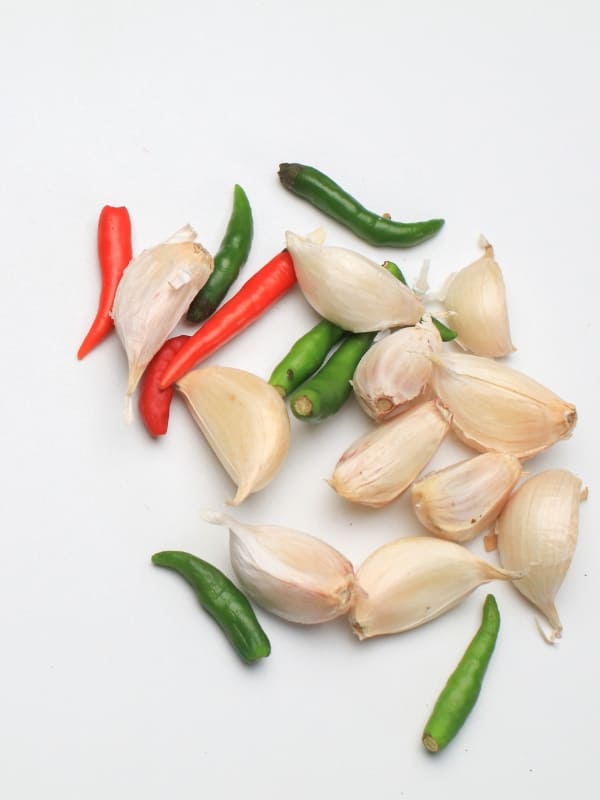
How to Incorporate Pickled Hot Peppers into Your Diet
- As a condiment: Add to burgers, tacos, or hot dogs for a tangy kick.
- In salads: Chop and toss them into green salads or grain bowls.
- Cooking ingredient: Use them in stir-fries, pasta sauces, or casseroles.
- Snacking: Eat them straight from the jar for a flavorful, low-calorie snack.
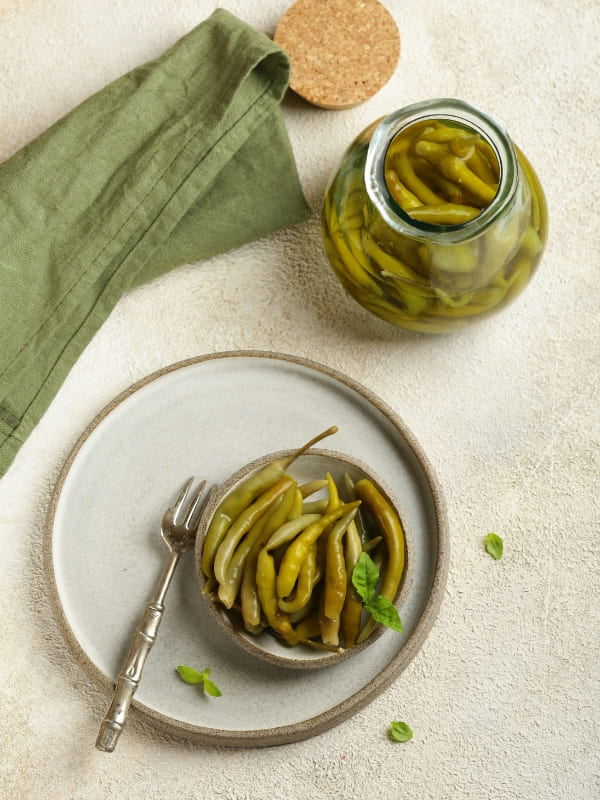
Cautions and Precautions
People with sensitive stomachs or conditions like acid reflux should consume pickled hot peppers in moderation.
The brine can be high in sodium. Opt for reduced-salt recipes if necessary.
Individuals allergic to nightshade plants should avoid hot peppers.
Disclaimer
This article is for informational purposes only and not a substitute for professional medical advice.
Consult a healthcare provider before making dietary changes, especially if you have pre-existing conditions or allergies.
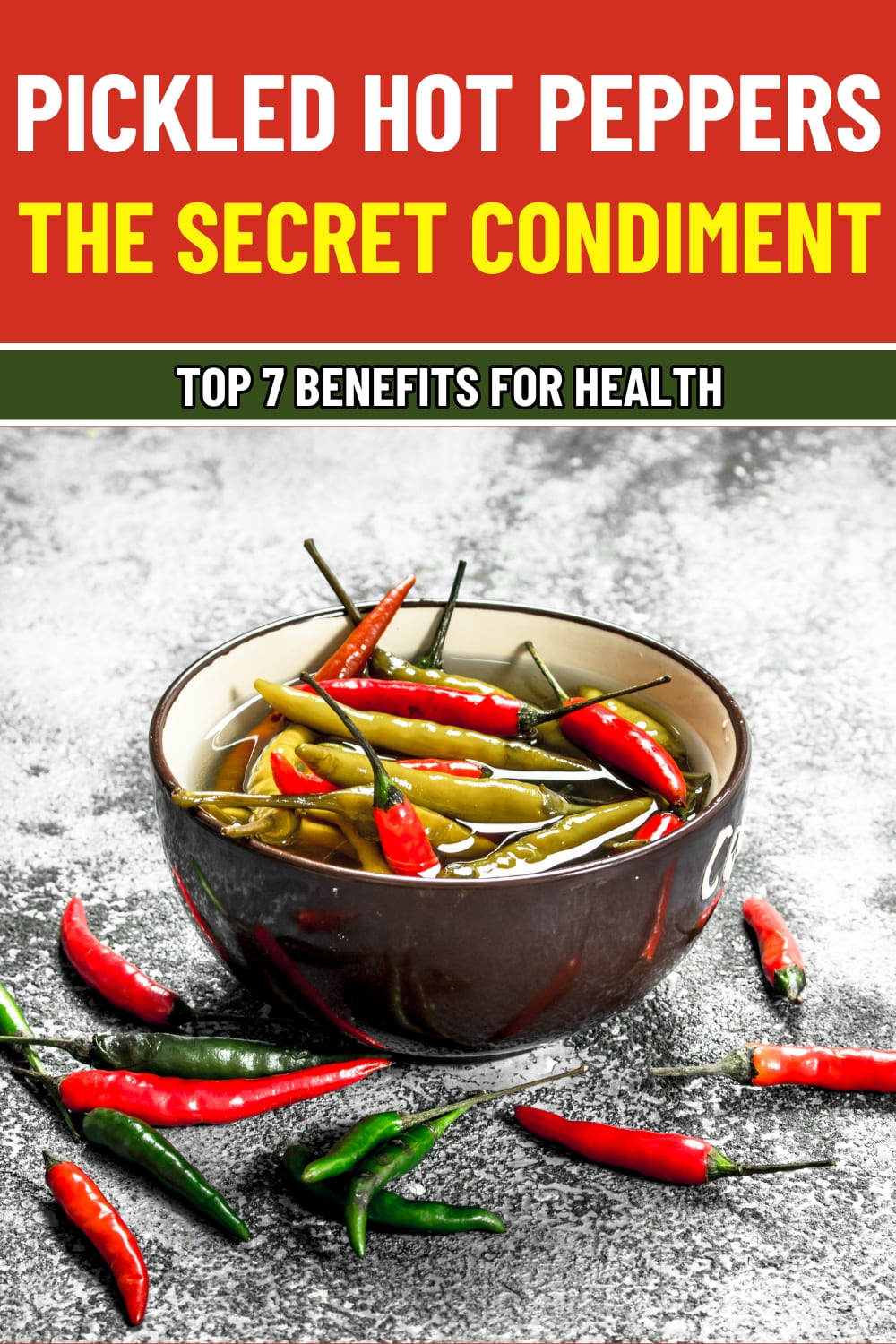
Spicy and Healthy: The Surprising Benefits of Pickled Hot Peppers
